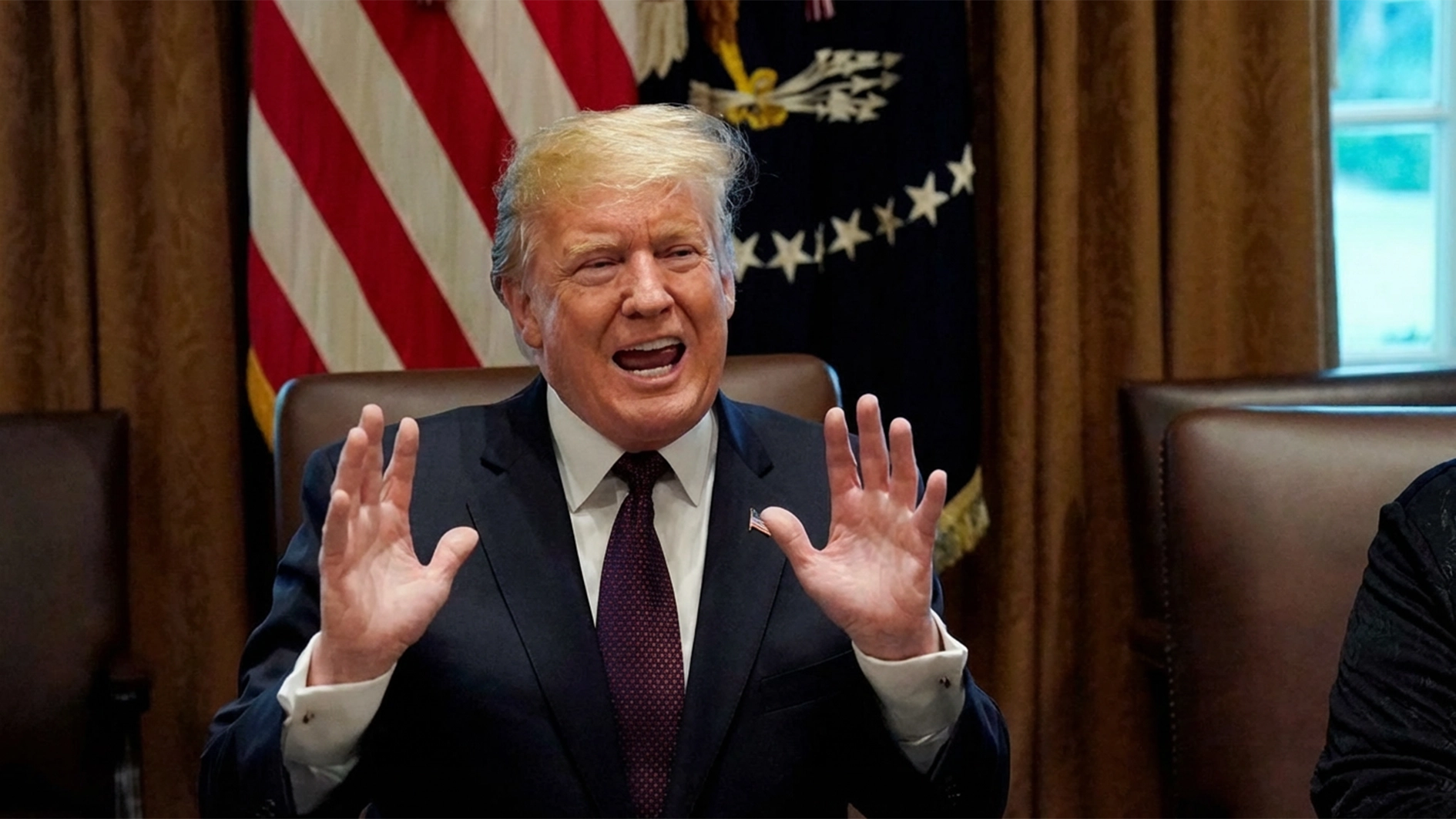
Photo: AFP
A division of Court of Appeal Abuja, on Thursday, reserved its judgement on an appeal brought by Indigenous People of Biafra (IPOB) challenging its proscription as a terrorist organization by the Federal Government.
A three-man panel of the court led by Justice Hamma Barka, adjourned the matter for judgement, after the parties – FG and IPOB, through their respective lawyers, adopted their final briefs of argument.
Oyin Koleosho,counsel from the Federal Ministry of Justice, announced his appearance for the government.
IPOB was represented by a team of lawyers led by a Senior Advocate of Nigeria, SAN, Mr. Chukwuma-Machukwu Umeh.
The detained leader of the IPOB, Nnamdi Kanu, had earlier applied to be joined as an interested party in the appeal marked: FHC/CA/A/214/2018.
The IPOB is praying the appellate court to set aside in its entirety the ruling/final decision of the late former Chief Judge of the Federal High Court, Justice Abdul Abdu-Kafarati, which on September 15, 2017, outlawed its activities in Nigeria.
The high court proscribed IPOB on the strength of an ex-parte motion that the former AGF, Mr. Abubakar Malami, SAN, filed on behalf of FG.
Justice Kafafati specifically declared, as illegal, all activities of the group, particularly in the South-east and South-South regions of the country.
He further restrained “any person or group of persons from participating in any of the group’s activities”.
The Judge directed the AGF to ensure that he published the order proscribing IPOB in the official gazette, as well as in two national dailies.
In a follow-up ruling on January 22, 2018, the court dismissed a motion IPOB filed to challenge the legal validity of the proscription order which it said was surreptitiously obtained by the AGF.
IPOB had alleged that the then AGF suppressed and misrepresented facts in the affidavit evidence he tendered before the court, adding that the proscription order was tantamount to declaring over 30million Nigerians of Igbo extraction as terrorists.
While dismissing the motion, Justice Abdu-Kafarati said he was satisfied that IPOB constituted a threat to national security.
He rejected an argument that the group, not being a registered entity in Nigeria, could not be validly sued by the FG.
The court maintained that the fact that IPOB claimed that it was registered in over 40 countries in the world aside Nigeria, did not exculpate it from legal liabilities if it was found to have by its activities, violated any law in Nigeria.
However, in its five grounds of appeal, IPOB contended that Justice Abdu-Kafarati erred in law and occasioned a miscarriage of justice, when he ruled that the mandatory statutory condition requiring President Muhammadu Buhari’s approval, under Section 2 (1) (C) of the Terrorism (Prevention) (Amendment) Act, 2013, was satisfied, on the authority of a Memo the AGF issued on September 15, 2017.
It told the appellate court that the lower court Judge failed to evaluate, consider or mention in his rulings, affidavit evidence that was tendered to establish that IPOB was not a violent organisation.
While urging the appellate court to allow the appeal, IPOB’s lawyer, Umeh, SAN, argued that the organization was denied fair hearing.
FG’s lawyer, Koleosho, who denied the allegation, prayed the appellate court to dismiss the appeal.
The court after taking arguments from the parties adjourned for judgement to a date to be communicated to parties.






